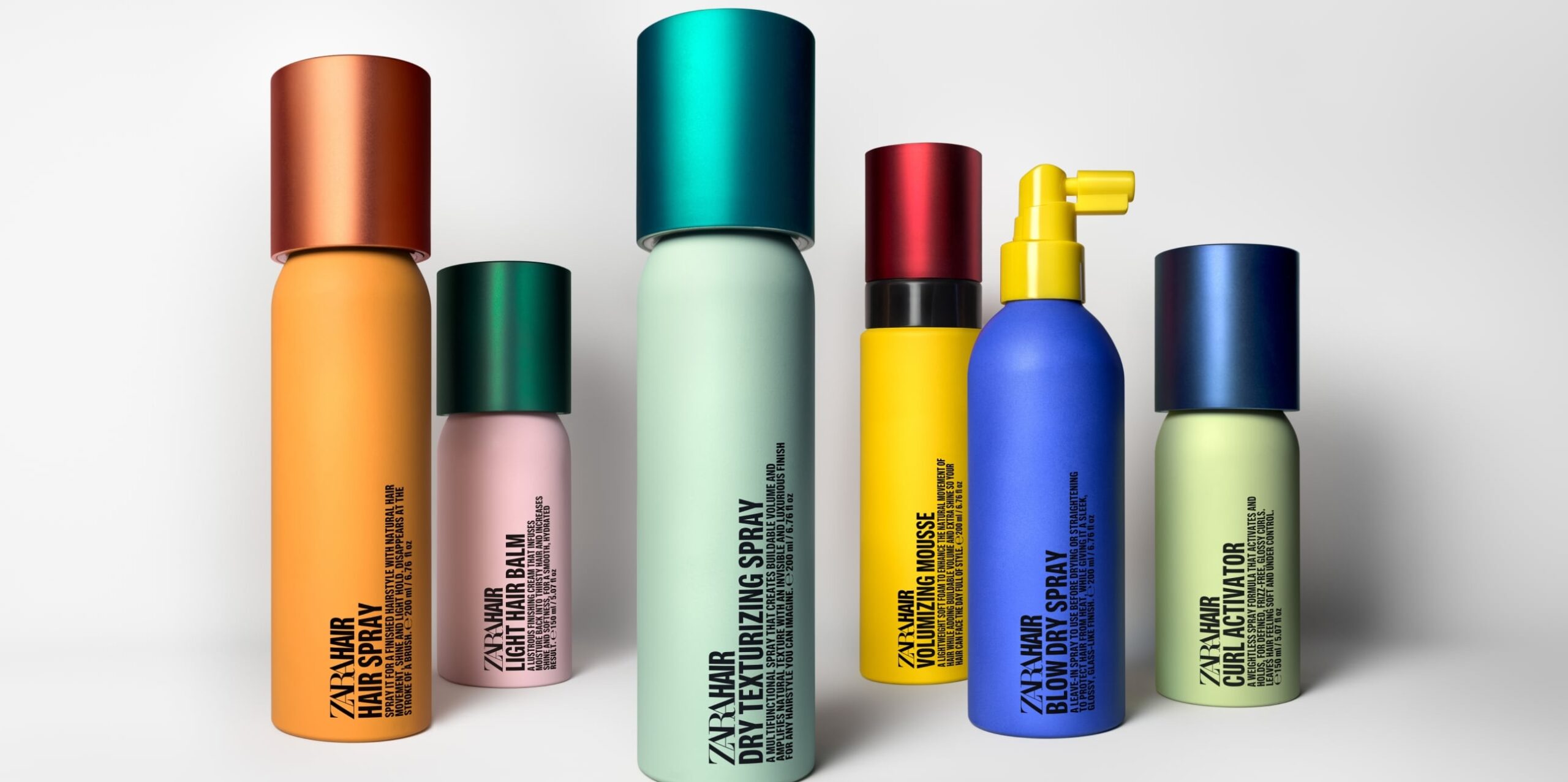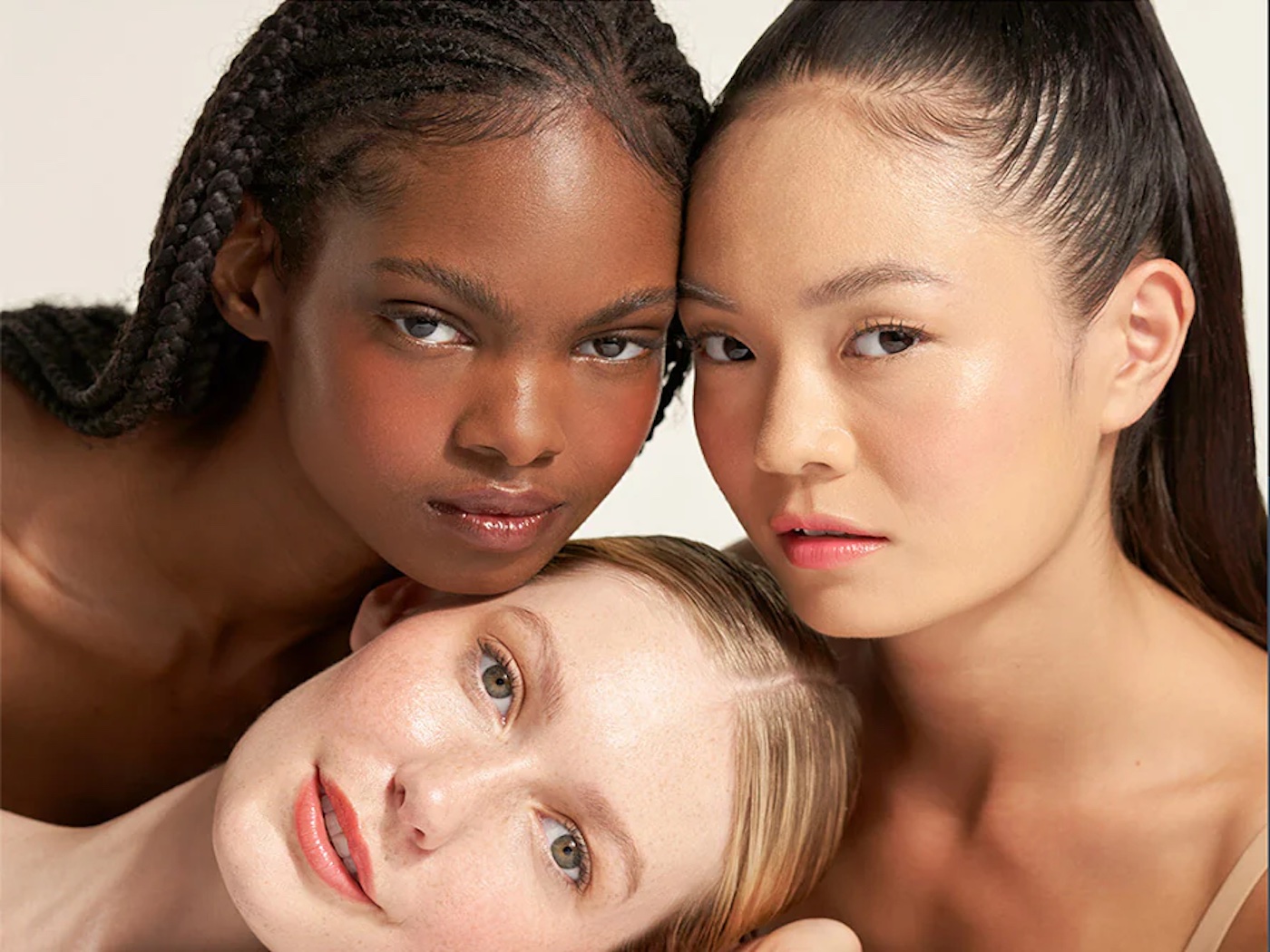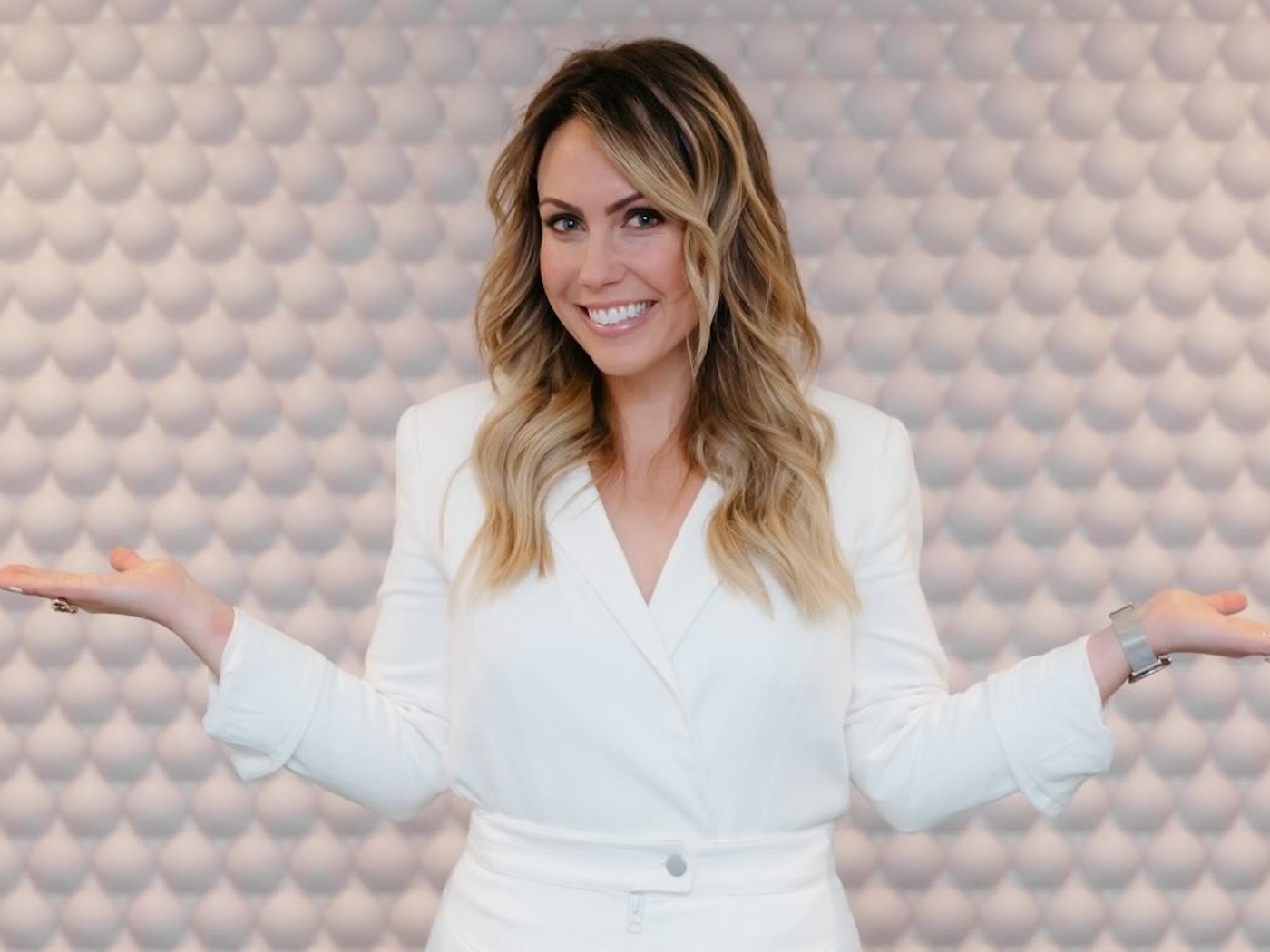There’s a new law in town and it means good things for diversity and inclusion in the world of hair care.
Signed by New York State Governor, Kathy Hochul, on November 17, 2023, Bill S6528A requires cosmetology schools throughout the state to educate and train students on all hair types and textures. Previously, curly hair training had to be sought out separately from core curriculums. Sponsored by the Texture Education Collective, an alliance of professional hair industry leaders including Aveda, L’Oréal USA, and Devacurl, this move proves changes are coming (albeit slowly) when it comes to the textured hair market.
The new legislation follows the adoption of the 2019 CROWN Act, which prohibits “race-based hair discrimination,” AKA denial of employment or education due to hair texture or styles like braids, locs, twists or knots. Led by the CROWN Coalition, founded by Dove and National Urban League, the CROWN Act (which stands for Creating a Respectful and Open World for Natural Hair) is just another common-sense move towards true hair care inclusivity. Even so, there are still 27 states who have not adopted the law or are in the process of doing so.
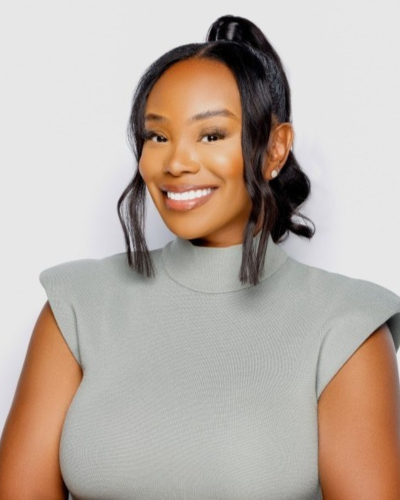
“There is so much discrimination in hair care, I honestly commend New York for stepping up and making the choice to become a state mandating inclusivity for all hair types,” says Aqila Augusta, Founder and CEO of hair care brand Edge Entity Hair Care Solutions. “Your hair texture is something you are born with, not a choice.”
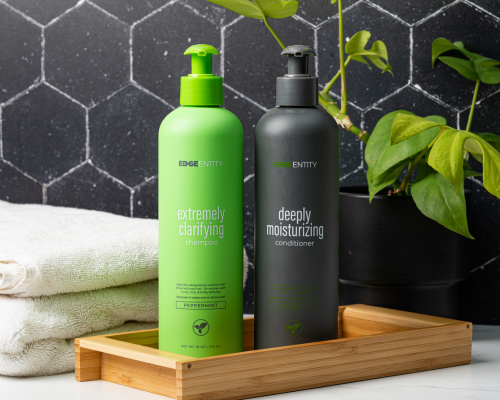
For Janell Stephens, CEO and founder of Camille Rose Naturals, Bill S6528A means better stylists and ultimately a better experience for clients behind the chair. “The more knowledge a stylist has, the more they increase their product stash, the better they will be,” says Stephens, adding that her hope is more and more states adopt the legislation. “Understanding different hair types is nothing to fear, it’s something to embrace.”
Even though more than half the world’s population has textured hair, the market that serves this consumer has been historically underfunded, underpublicized, and under innovated – but there’s reason for hope: a slow but steady evolution by exciting new brands and a renewed importance on celebrating natural beauty is revolutionizing the beauty industry. For change to stick, however, it must be rooted in authenticity rather than box-checking, says Augusta.
“Brands are increasingly recognizing the importance of catering to diverse hair types and skin tones, but challenges persist, including ensuring genuine representation and avoiding tokenism, addressing deep-rooted biases in beauty standards, and navigating regulatory hurdles,” says Augusta. “Additionally, accessibility and affordability of inclusive products remain ongoing concerns for many consumers within this demographic.”
For Augusta, honoring the rich cultural heritage and historical significance of hair for the Black community is essential for lasting, meaningful change within this market. To help deepen that understanding, Augusta created a special list for Black History Month titled “Iconic Natural Black Hairstyles Through the Years.” Through this content, she aims to provide more context around the hair experience for women of color so that they may be better served.
“In African cultures, Black hair has always held deeper cultural meaning beyond mere beauty,” says Augusta. “The origins of styles such as our most iconic Afro, bantu knots, Senegalese twists and locs carry rich cultural significance often overlooked. The distinctiveness and versatility of Black hair are striking and profound.”
Augusta goes on to say that in the decades since the powerful Afro hairstyle reigned supreme, Black women often opted for harsh chemicals and heat-intensive styling techniques to straighten their hair and conform to European standards of beauty.
“Many of us turned to relaxers in the past to tame our kinky strands, often from a young age,” says Augusta. “Back in the 90s and early 2000s, we didn’t fully appreciate the beauty of our natural hair. Thankfully, we’re now embracing it.”
Bolstered by the natural hair movement and the post-pandemic beauty paradigm, today’s beauty landscape has certainly changed over the past decade. With the emphasis now being put on skin and hair health above heavy-handed makeup tutorials, natural beauty and uniqueness are finally being celebrated – curls and texture included.
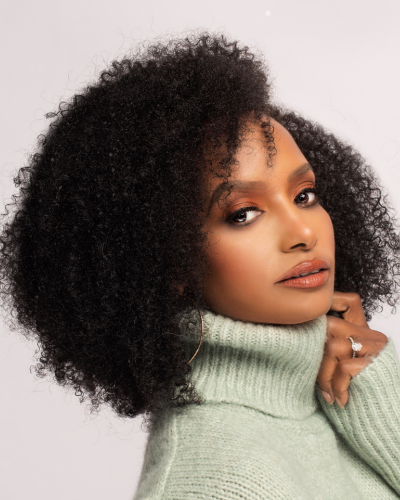
“People are over it; they are going out without makeup, they are letting their curls shine,” says Stephens. “Back in the day women felt embarrassed about their hair being textured; it had to be straight. Now they say, ‘my hair is textured, and it needs some extra love [and they’ll] go down whatever aisle will satisfy their hair type.’ People aren’t afraid.”
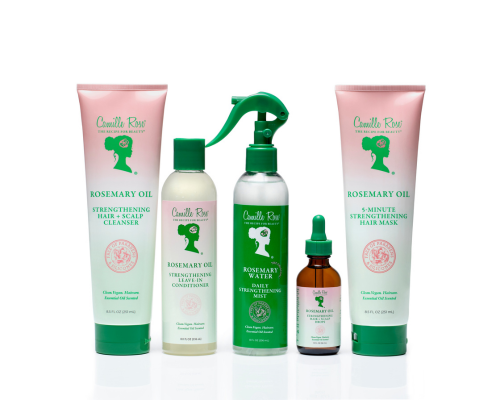
It is exactly that open mindset that makes today’s hair care customer poised for an industry renaissance. This customer, who is more multi-racial than ever before (the U.S. Census reports a 276% increase in this population since 2010) is looking for customized, straightforward hair solutions sold within an easy-to-shop, option-filled environment rather than the antiquated “ethnic aisle.”
“Adwoa Beauty was created because I didn’t like the way the market sells things to Black people,” says Julian R. Addo, founder of Adwoa Beauty. “I don’t really understand why the aisle has to be different. I feel like here in America they attribute a certain hair type to race — but there are people all over the world with ‘ethnic’ hair. Hair care should be by concern, not by race.”
For Addo, a hair stylist with more than three decades of experience, disrupting the textured market means changing the conversation entirely. Her natural extract-packed hair brand, which is sold on Amazon, in Sephora U.S., Canada and the U.K. caters to kinky, oily, curly, and wavy hair textures with natural ingredients and elevated, streamlined packaging.
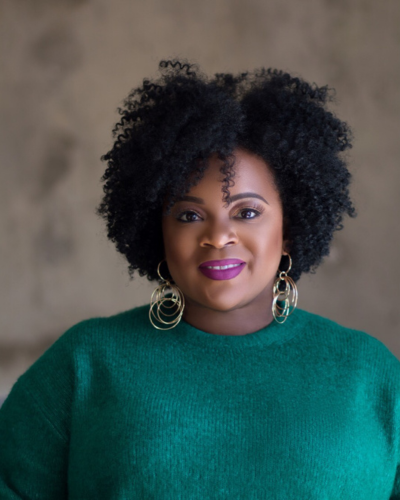
“I took my more than 30 years of hair styling experience along with my experience working on marketing campaigns for top hair care brands in the natural hair space,” says Addo, adding that Adwoa has an exclusive on the blue tansy flower as a hair care ingredient. “What you see is a differentiated approach to clean hair care, leveraging our unique ingredient stories.”
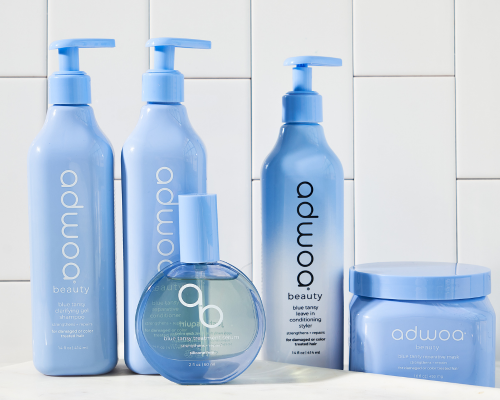
For Augusta, Addo and Stephens, zeroing in on natural and organic ingredients has been key to success. Not only is it that customers are more discerning, but also because these are the ingredients that actually make a difference when it comes to restoring hair health and repairing damage.
“I went on a quest for all things natural, looking for herbs and ingredients that would actually work,” says Stephens. “I was formulating my own products for my family and learning about ingredients. It became an obsession for me. I never got tired. When I started selling to other people, they discovered and felt the difference in our formulations.”
For her part, Stephens’ moisture-forward brand, Camille Rose Naturals, utilizes food-grade ingredients such as rosemary oil, macadamia nuts, and almond milk to rejuvenate dry scalps, soften strands and prevent breakage. Sold at Walmart, Ulta Beauty, and Target, Camille Rose is a “gourmet foodie” brand for anyone looking to restore hair’s strength and vibrancy from the inside out with premium formulas that are “made with love.”
“Everybody is embracing their beautiful natural hair and they’re label readers as well,” says Stephens, underscoring the importance of picking the right ingredients for today’s consumer. “When I make products I don’t make them for a certain type or texture – my focus is the ingredients. I have products for everybody, from textured to straight. I just love ingredients. I love formulating.”
Inspired by her own struggles with hair loss, Augusta’s brand, Edge Entity, offers “multi-ethnic” solutions to help regrow damaged hair. Created for women, children and men dealing with issues that run the gamut from dry scalp to alopecia, Edge Entity offers products that stimulate hair growth, utilizing a proprietary blend of natural ingredients, like hair-thickening alma, strand-strengthening Jamaican castor oil, moisturizing avocado oil, ashwagandha, and encapsulated vitamin C.
“From weaves to microbraids, quickweaves, bleaching, and hairstyles that put hair glue directly onto the scalp, I’ve damaged my hair in more ways than you could imagine,” says the former nurse turned beauty entrepreneur. “As we become more educated about the best ways to nourish, detangle, and promote growth, we’re moving away from harmful chemicals like relaxers and toward healthier hair practices.”
Edge Entity, which generates more than $1.4 million annually, not only offers vegan solutions for scalp health, but also – underscoring the emotional component of hair care for this market – serves as a safe space for customers to talk about their unique hair experiences, providing them with information related to potential underlying health issues that may be causing their damage.
“Our job here is not just to restore hair loss or improve the hair, but we work beneath the surface of the issue and make our customers feel like the space they are in with us is a trusted space,” says Augusta. “For brands like Edge Entity, which are deeply embedded in the Black experience, there’s a sense of authenticity and relatability that resonates with us on a personal level. As Black individuals, we’re increasingly recognizing and embracing our own beauty and strength, driving a greater demand for products that truly understand and celebrate our unique identities and natural hair.”

